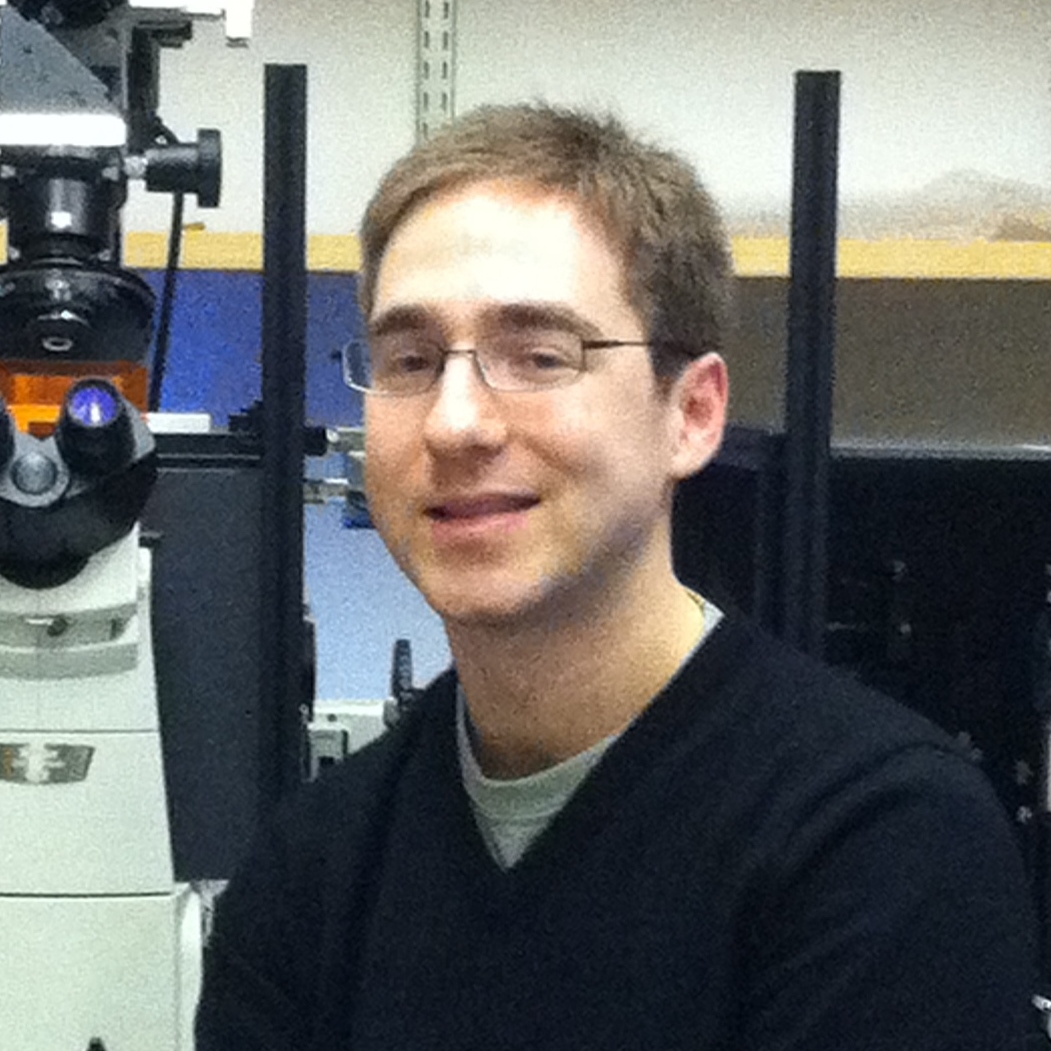Many cancers result from an alteration in a cell's genetic material or DNA -- the basic instruction manual for life. Even a subtle change in DNA sequence can cause dramatic effects and reprogram normal cells, leading to cancer. While many cancers have genetic components, a more recent paradigm in cancer biology has been the study of cellular reprogramming founded in epigenetic or epitranscriptomic changes, which occur without alteration of the underlying DNA sequence. Dr. Kleiner is integrating chemistry and biology approaches to investigate alterations in the chemical composition of RNA, and to understand how these changes are involved in the cellular reprogramming linked to cancer. Changes in RNA chemistry can result in profound effects on cells, as RNA serves as the intermediate between the information encoded in DNA and proteins, the cell's functional effector molecules. He is also interested in understanding how RNA interacts with known anti-cancer drugs including 5-FU and cisplatin. He aims to shed light on the fundamental cellular mechanisms involved in the development of cancer and to provide new opportunities to therapeutically target cancer.
Damon Runyon Researchers
Meet Our Scientists
Ralph E. Kleiner, PhD
Project title: "Using chemistry to illuminate DNA and RNA damage processes in cells"
Institution: Princeton University
Award Program: Dale Frey Scientist
Cancer Type: All Cancers
Research Area: Chemical Biology







